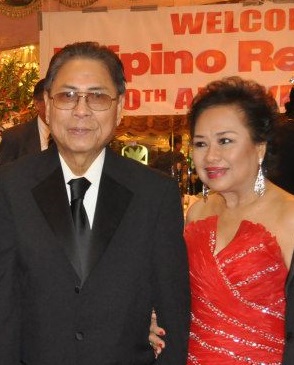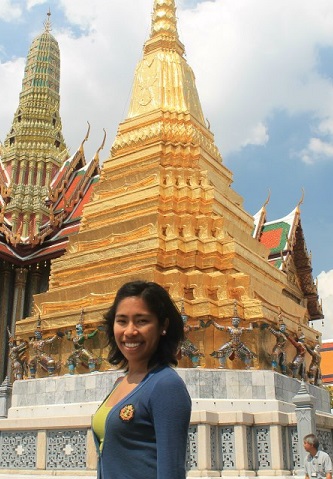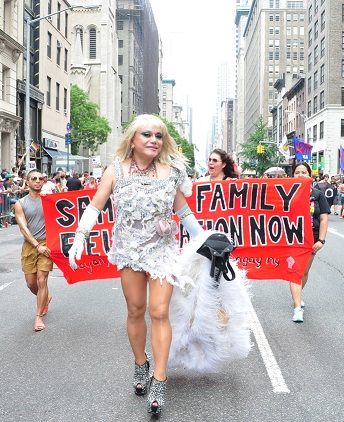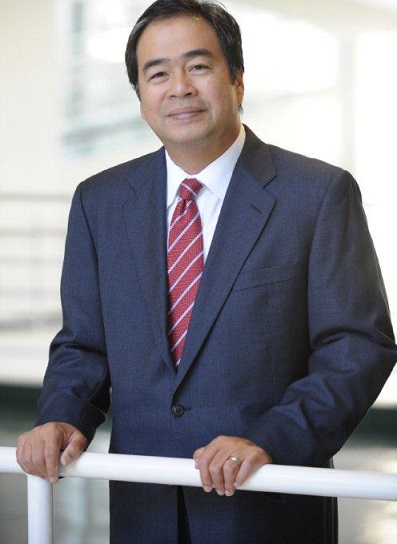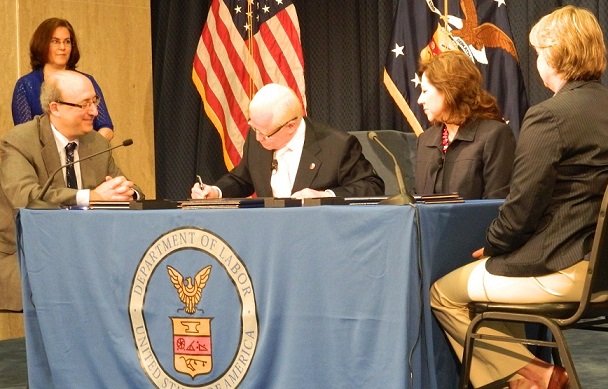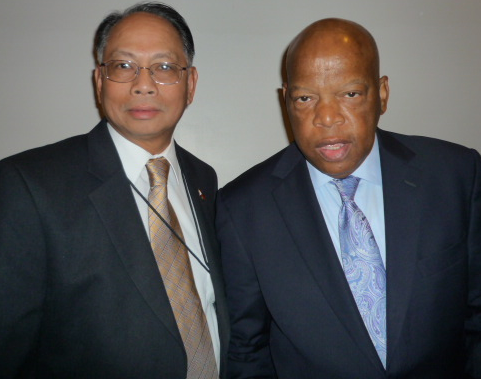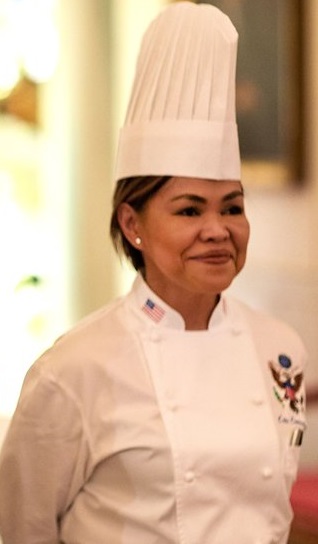Philippine Embassy addresses allegations of ‘rudeness,’ ‘palakasan’
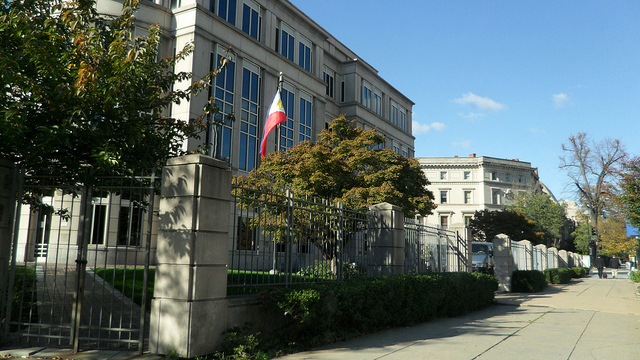
The Embassy’s Consular Section has less than a dozen people who provide consular services to those in its jurisdiction.
Minister and Consul General
We wish to take this opportunity to respond to your article last February 20 regarding complaints against the Philippine Embassy in Washington, D.C. It is unfortunate that some people have aired their sentiments through social media and certain members of the local press, rather than file a complaint, which would have provided details regarding the incident. Allow us to shed light on the points raised.
Winter condition. Consular services are currently being temporarily rendered at the Embassy’s main building, as the old chancery where the Consular Section was housed the past few years is undergoing renovation. The temporary premises are where the original Consular Section used to be and indeed it has become too small for the increasing needs of the public. For this reason, an enclosed tent was erected to expand the Consular waiting area with seating that could accommodate approximately 40 people. It is not true that people are made to wait outdoor. Problems were initially experienced with the accompanying heating system that was installed, but this has since been repaired. The renovation of the old chancery is being made in order to provide clients with a more spacious and better-looking environment. The public has been advised to bear with us, while the renovation is on-going.
Attitude of staff. The staff of the Consular Section are trying their best to cope with the demands of all applicants. The Department of Foreign Affairs has institutionalized a “customer feedback survey” wherein the public may provide their comments on the services they received. The majority of the feedback the Embassy has received has been positive and these are hardly trumpeted to the public. Instances where complaints are received are brought to the attention of the concerned staff to prevent their recurrence, including giving preference to others in line. In a number of occasions, the Embassy has conducted in-house trainings to continue promoting the professional development of its officers and staff and improve the provision of services to the public.
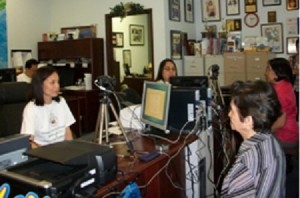
The embassy provides consular outreach to Filipinos who cannot make the trip to D.C. Here, consular staff takes thumbprints and digital signature of applicants for ePassports in Virginia Beach.
The Embassy’s Consular Section is comprised of less than a dozen people, compared to the 30 to 40 people who man full-blown Philippine consulates in the U.S. This number has been unchanged despite the growth in the demand for consular services – passports, visas, legalization of documents, civil registry (reports of birth, marriage and death), dual citizenship, registration of overseas voters, and assistance to nationals. Moreover, in addition to the 13 states and territories it has consular jurisdiction over, also attended to are the needs of Filipinos in 23 countries and overseas territories in the Caribbean. There are a few days in the month when the Consular Section’s manpower complement is reduced further, when a group of 4 consular staff takes part in outreach missions to provide services to Filipinos in far-away localities.
Processing time and fees. The release of documents to those requiring them immediately are attended to in special cases. Also as a matter of policy, documents needing legalization from senior citizens and those coming from out-of-state are processed in the same day. People who don’t wish to return are encouraged to have their documents mailed back to their places of work or residence.
Consular fees are set by the Department of Foreign Affairs and these costs are true for all Philippine Foreign Service posts. They are comparable, if not less expensive, to those imposed by other countries.
We appreciate the opportunity to clarify certain issues and will endeavor to continue improving the services we render.



